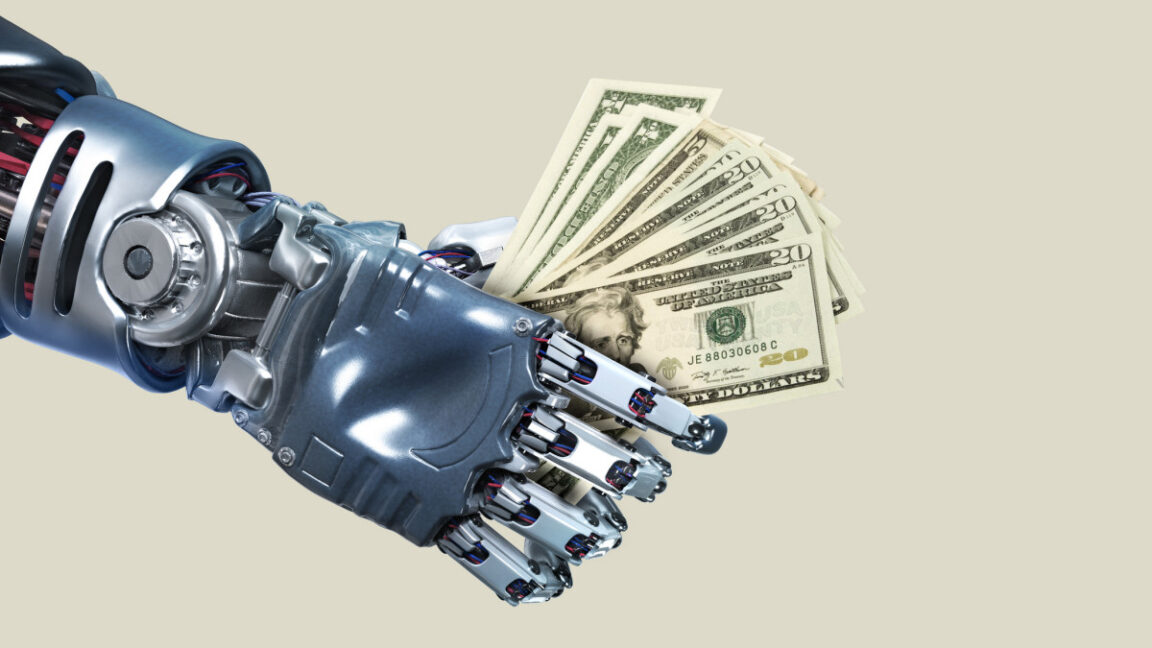AI Salaries Eclipse Historical Scientific Projects

Silicon Valley's AI talent competition has reached a staggering financial summit, highlighting how today's compensation surpasses even the most renowned scientific achievements of the past. A notable example is Meta's recent offer to AI researcher Matt Deitke of $250 million over four years. This offer breaks historical compensation precedents, including those from significant 20th-century scientific endeavors.
The New York Times reports that Deitke co-founded a startup named Vercept and led the development of Molmo, a multimodal AI system at the Allen Institute for Artificial Intelligence. His skills in handling images, sounds, and text align perfectly with Meta's goals, making him a sought-after asset. Similarly, Meta's CEO Mark Zuckerberg reportedly extended a $1 billion offer to another unnamed AI engineer, further fueling the AI talent race.
The incentive behind such massive compensations is the pursuit of Artificial General Intelligence (AGI) or Superintelligence
In historical context, J. Robert Oppenheimer, the leader of the Manhattan Project, earned $10,000 in 1943—equivalent to about $190,865 today. Deitke's new salary is approximately 327 times more than what Oppenheimer earned while working on the atomic bomb. AI researcher's earnings even surpass the contracts of top athletes, akin to a lucrative "NBA-style" market.
Zuckerberg has indicated that Meta will continue investing heavily in AI talent, believing superintelligence has the potential to revolutionize aspects of life. First to develop AGI could possess technology capable of transforming the global economy and dominate markets, thus creating history's wealthiest company.
The contrast between present-day AI compensation and earlier scientific achievements underscores this shift. During Bell Labs' innovation pinnacle, significant breakthroughs happened under more modest compensation structures. Modern AI researcher packages dwarf even Thomas Watson Sr. of IBM, one of the top earners of his time.
Even the Apollo program's salaries pale when compared. Neil Armstrong's compensation for walking on the moon is equivalent to a fraction of what AI talent like Deitke is now earning, emphasizing AI's perceived value.
This shift towards high AI salaries is driven by a constrained yet valuable pool of talent, necessary for creating cutting-edge systems. Companies vie for these specialists amid rapidly inflating AI market perceptions.
In sum, while questions persist about AI's ultimate impact, the industry has distanced itself from the modest compensation of previous scientific milestones, racing towards an era of potential "intelligence explosion."



